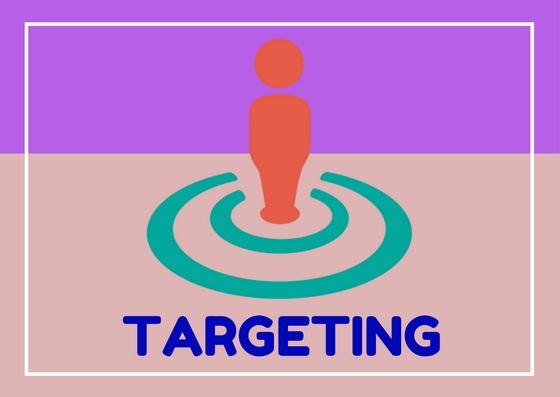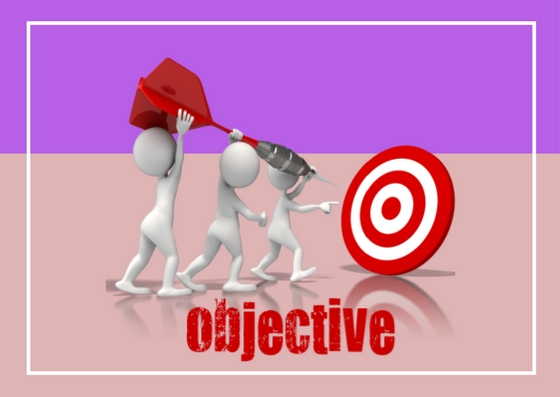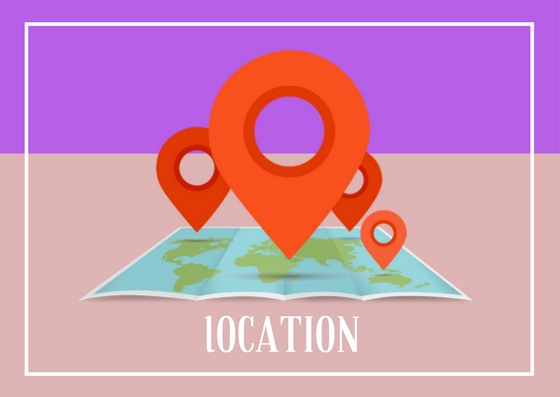Paid marketing is effective, but it comes with an element of risk. Failing to meet ROI will cost your business financially and in work hours.
Gone are the days when you could get clicks for pennies from Google. Today,Adwords can earn you good ROI, but it also requires a larger investment. Social media platforms like Facebook, Twitter and Linked In are another avenue.
According to Hootsuite, social media advertising budgets have doubled in the last two years. Facebook, Twitter, Pinterest and other similar platforms are the cause.
Before investing on paid advertisement, consider both options carefully. Each has its own benefits and weaknesses.
Targeting
Both AdWords and Facebook lets you target your audience through demographics and keywords. But with Facebook, the targets become more precise as each user profile has their exact location included. Moreover, Facebook has more detailed information about people’s likes and interests compared to Google. So, through Facebook, you can make your ads appear to users whose profiles contain the location you have targeted, or whose interests in products or services relate to what your business offers.
On the other hand, AdWords concentrates more on what users are searching for. Thus, your scope to reach the targeted customers is minimized.
Objective
The platform you choose should be based on the industry you’re in and your business objectives.If your company’s aim is to raise brand awareness or increase interest in its products or services, then Facebook Ads should be your first consideration. If instead your business needs greater leads and conversions, then AdWords is the better option. AdWords brings people who are looking for exactly what you are selling.Thus, the probability of conversion is much higher.
Attracting Your Audience
If you’re looking to attract an audience, then Facebook ads should be your company’s marketing priority. With its rich media support and share features, Facebook has revolutionized “word of mouth” advertising. It has the capacity to make your ad go viral as people love to share, giving your business free promotion. Every share is also an opportunity for later conversions and more business traffic whenever the ad is re-displayed.
By contrast, Google has one of the largest networks for display ads. Though they can’t be shared, the scope is wider with landing pages and search terms driving greater visibility.
The ad extension update of search ads also provides the opportunity to create smart ad content. Add to this, the remarketing feature of AdWords, which isn’t possible on other platforms as they only offer retargeting. The feature allows you to follow the users and retarget the potential buyers depending on their browse history, not only on Google but also on its partner sites.
Location
With Facebook, you can target audience based on where they live (country, city, province and zip code), whereas Google provides the opportunity to target customers depending on where they are located (country, region and city) when they are searching for your products or services.
Facebook is great for businesses that are location specific and sell products and services based on life events. For example, if you’re targeting people who have recently gotten engaged, pregnant or who are looking for medical insurance, then Facebook will be your platform of choice. If however, your product or service demands a greater attention, then get on board with team Google.
Conclusion
For what has covered above, you can see that if your company’s focus is on B2B marketing, then invest more on Google ads. B2B search terms often have high CPCs (Cost Per Click), but your CLV (Customer Lifetime Value) will be high as well.
Facebook ads are better if your business aims to appeal to customers (B2C) directly. There’s a lower CPC along with a good number of leads. But, understand that in most cases, Facebook sales are the results of sudden decisions. Users aren’t always searching for particular products or services. The buying decisions are mostly made after seeing the products. This works fine for companies selling shirts or wallets. Costlier products like cars will have a harder time on this platform.
There are a lot of factors to consider before jumping into a paid marketing campaign. Do your research so that your company can generate a good ROI (Return on Investment).





